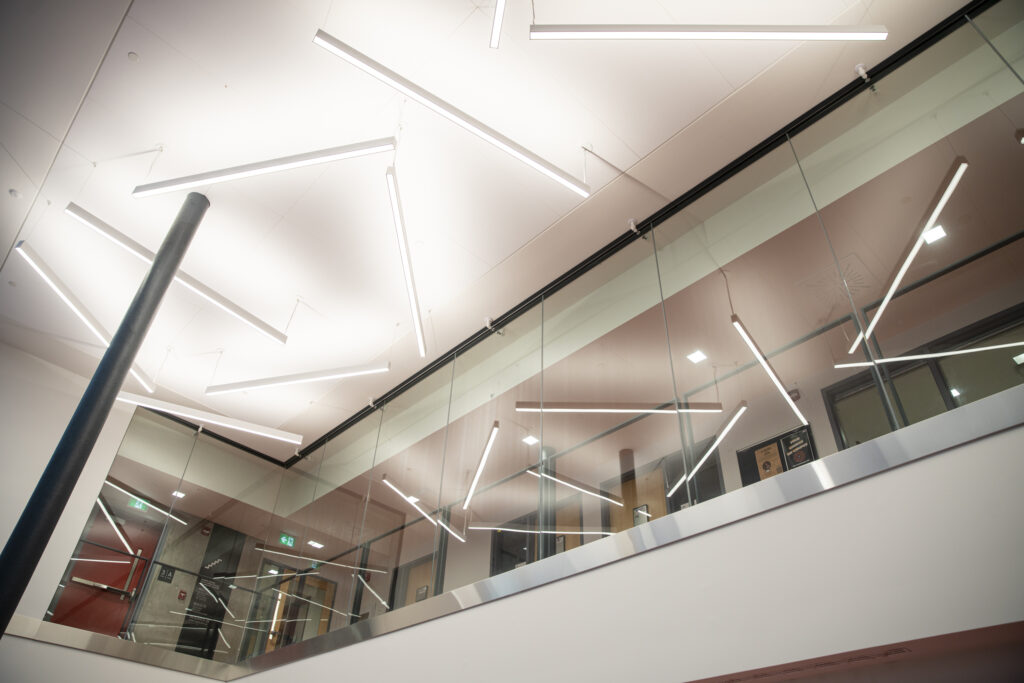- Length
- 5 years
- Degree
- Bachelor of Engineering & Society (Co-op Available)
- Program
- Engineering
- Options
Program highlights
This program focuses heavily on the physical design of electronics, electromagnetics and communication systems. Power systems, sustainable energy, and computer hardware/software are integrated into the program.
Specializations
The broad-based, classical discipline has room for specialization: both computer engineering and biomedical engineering developed from the foundations of electrical engineering.
Research opportunities
Research opportunities include automotive power and electronics, biomedical engineering, CAD/optimization/simulation, image processing and multimedia, microelectronics, microwaves and networks, photonics/optoelectronics, power engineering, and signal processing.
Engineering and Society advantage
Core courses include:
- The Culture of Technology
- Case Studies in the History of Technology
- Preventive Engineering: Environmental Perspectives
- Social Control of Technology
In addition, three courses called Inquiry in an Engineering Context, develop skill at formulating questions, carrying out research and communicating findings. These courses help to examine the complex nature of issues like sustainable development and systems failure.
Admission requirements


Need moreinformation?
How to apply
Understand every step, from applying, to accepting your offer and joining us on campus!
Department of Electrical and Computer Engineering
We’re electrifying the world of engineering.



